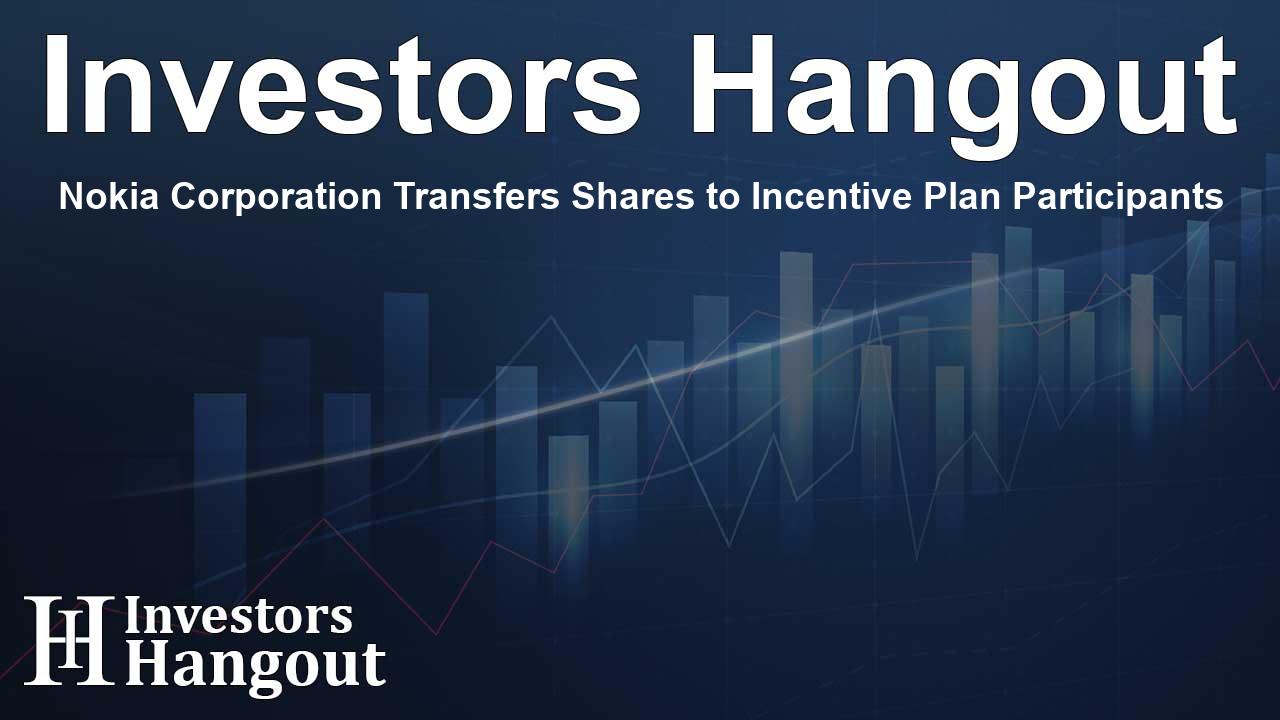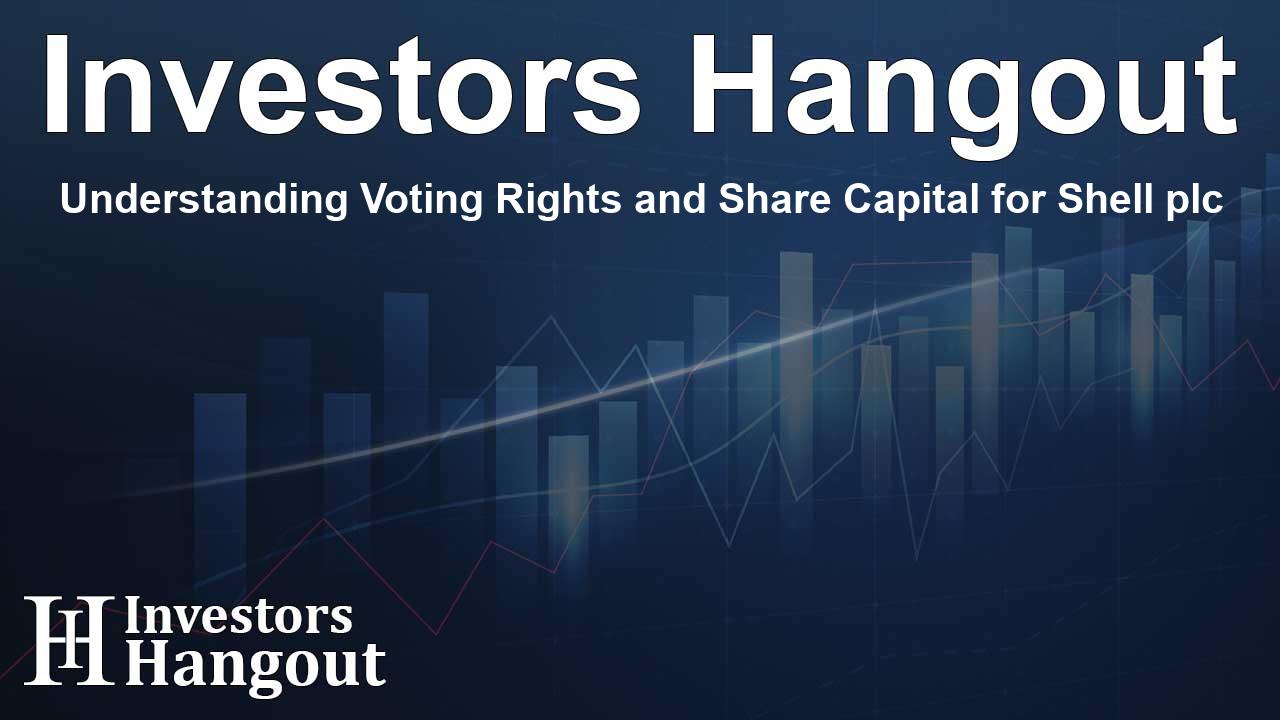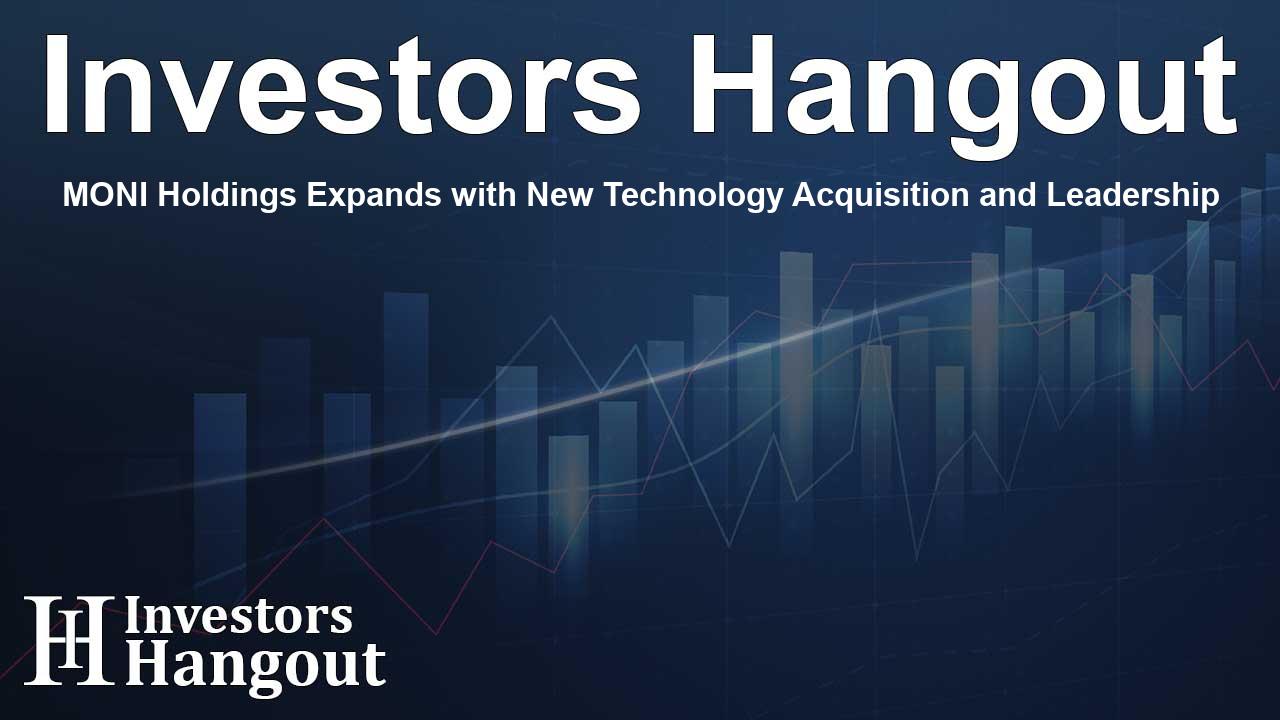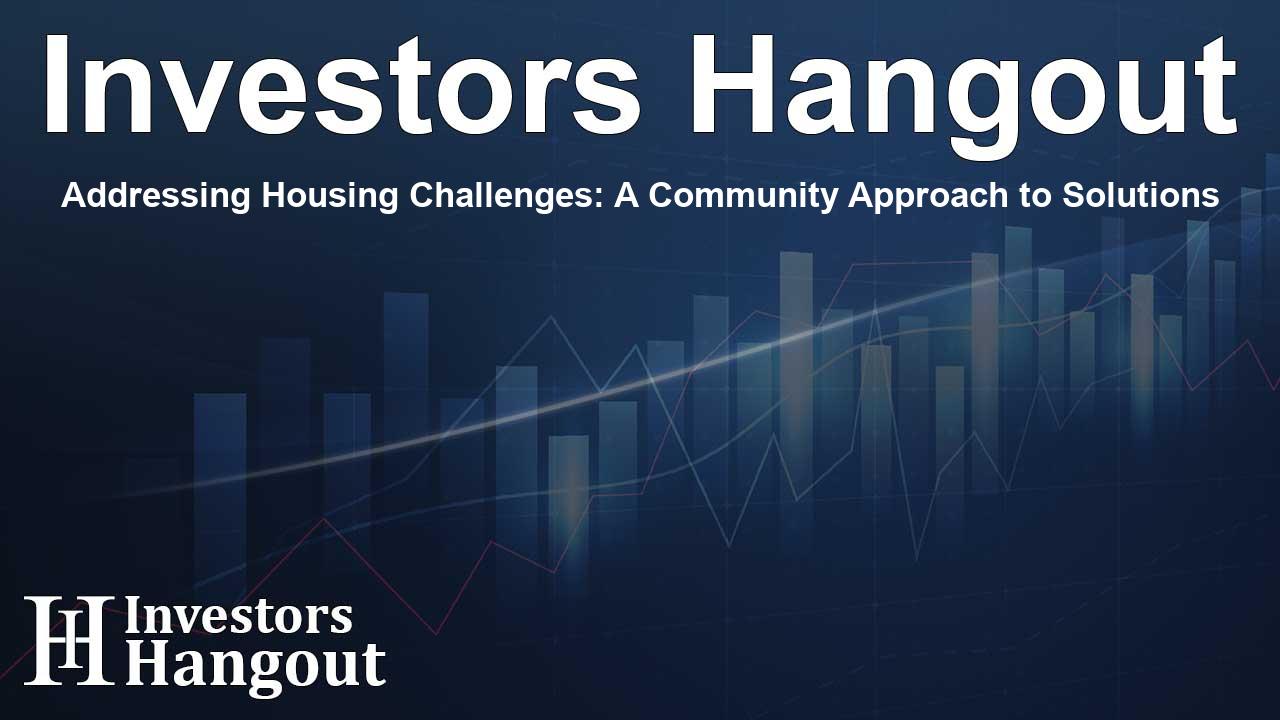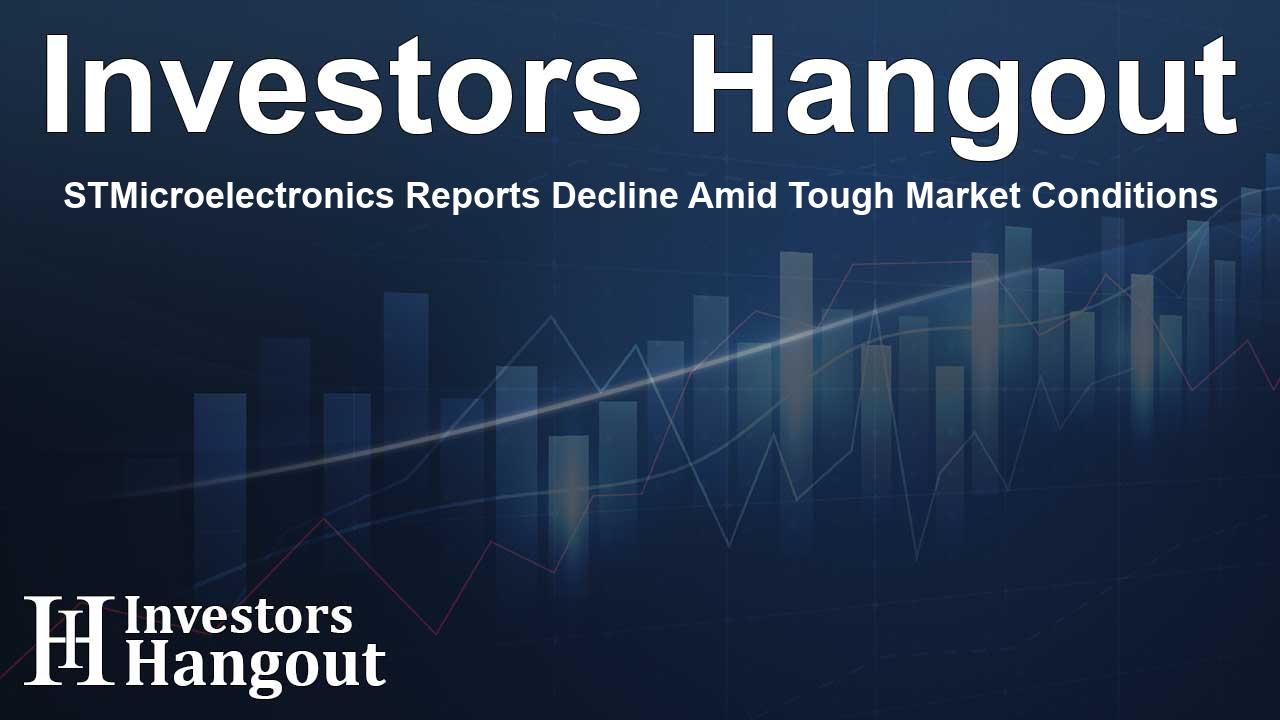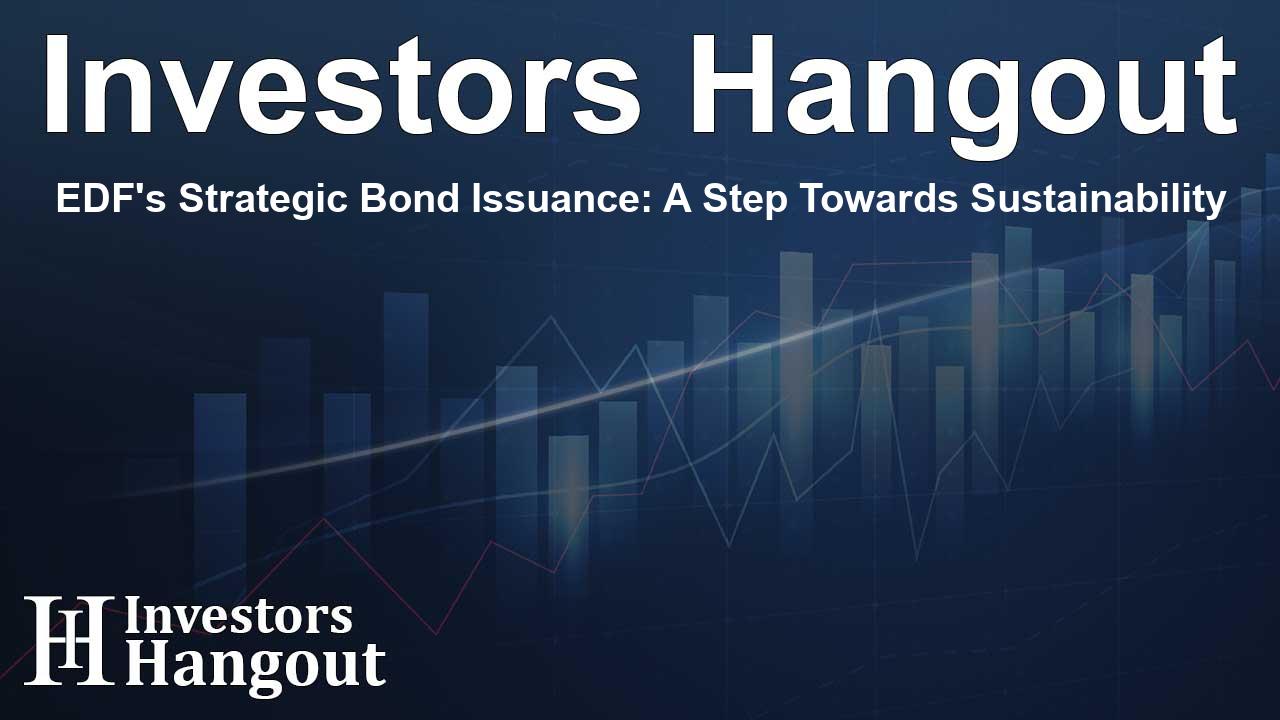Exploring Gen Z's Impact on the Modern Office Culture
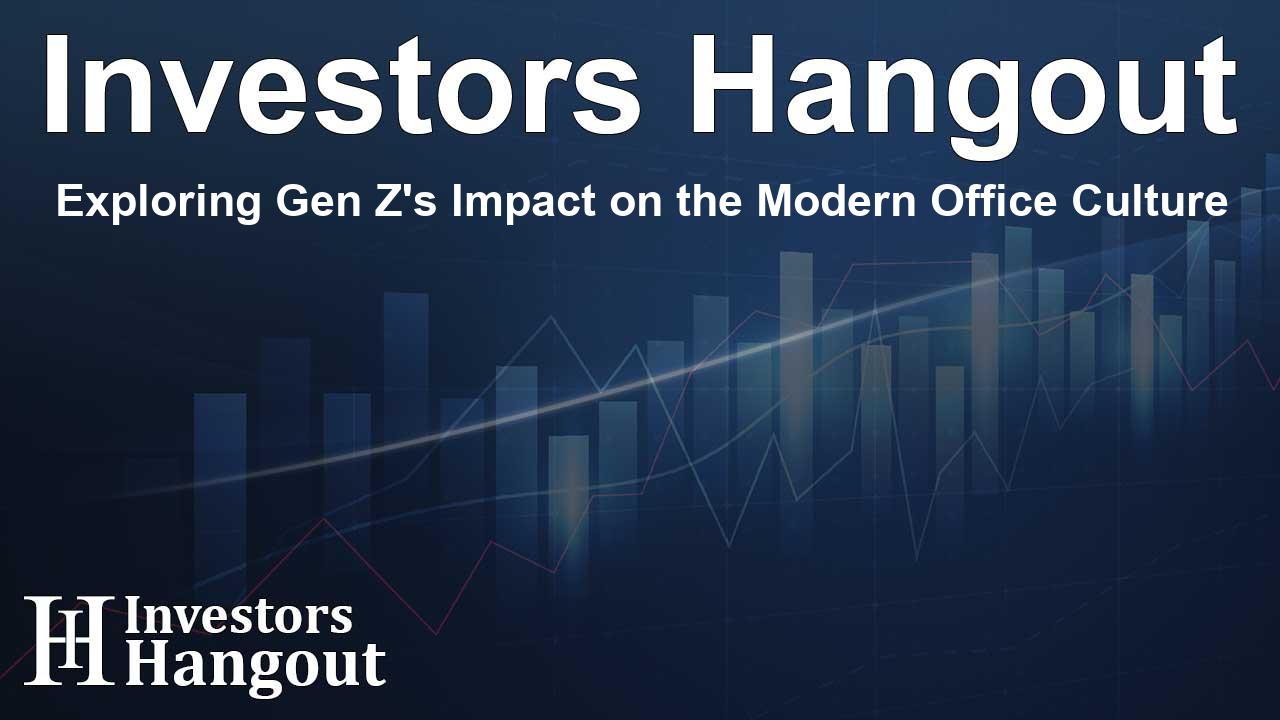
Exploring Gen Z's Influence on Modern Workplace Dynamics
The shift back to in-office work has opened up new conversations and norms within the workplace. As organizations welcome their teams back, the experience is vastly different for each generation, and particularly for Gen Z. Having navigated their early careers under unique circumstances, this demographic brings a fresh perspective to office culture.
Gen Z: First-Time Office Experiences
For many Gen Z workers, their transition to in-person office settings is a novel experience. This generation, which started their careers during remote work periods, is now adapting to environments that include in-person collaboration with various generational cohorts, including Baby Boomers, Gen X, and Millennials. These interactions influence their expectations and shape their workplace behaviors.
Survey Insights on Workplace Norms
Standley Systems, through collaboration with Pollfish, engaged 500 Gen Z office workers to gain insights into their workplace attitudes and behaviors. The findings reveal a significant trend: a remarkable 78% of Gen Z employees are curating content that romanticizes their office experience, emphasizing the differences in how they perceive work compared to older generations.
Generational Jargon and Interactions
An intriguing discovery from the survey indicates that older generations' jargon often leaves Gen Z perplexed. Approximately 68% of Gen Z workers frequently turn to the internet to decode this corporate lingo. Interestingly, they have found common ground with Baby Boomers—64% report feeling more at ease with older colleagues compared to their Gen Z peers, highlighting a unique dynamic in workplace relationships.
Personal Aesthetic and Office Spaces
Office aesthetics matter significantly to Gen Z. With 88% of respondents personalizing their workspaces, it's clear they desire environments that reflect their individual styles. Many actively modify their decor based on online trends. Moreover, the generation is making strides to maintain a polished online presence. About 50% believe that sharing office life on social media should be infused with a professional touch.
Gen Z's Integration of Technology
Technology plays a crucial role in how Gen Z engages with their workspaces. Nearly 59% of surveyed individuals view standard office tools like printers as central to their work experience, humming along with their sense of style. They prefer a blend of traditional and digital practices, illustrating a desire for balanced engagement between the digital and physical office landscapes.
Shaping Workplace Culture for Future Generations
As Gen Z workers find their footing in this evolving workplace landscape, it becomes increasingly vital for leadership to embrace their contributions thoughtfully. An inclusive culture allows employees to navigate their identities and experiences successfully. By welcoming the perspectives of younger workers, companies can create environments that empower all generations.
Greg Elliott, CEO of Standley Systems, emphasizes the importance of this transitional period: "Gen Z introduces a refreshing, digital-first viewpoint—marked by resilience and openness. It’s essential for leadership to foster an environment that not only prepares them for future leadership but also values their input in shaping present workplace dynamics. By learning from each other's experiences, we can achieve extraordinary success together."
Conclusion: A New Era of Collaboration
As work models evolve, understanding the intricacies of how different generations navigate the office environment becomes essential. Gen Z is not just adapting; they are actively redefining what it means to work collaboratively while also reshaping perceptions of office culture through social channels. Their journey will influence workplace dynamics and establish a foundation for future offices.
Frequently Asked Questions
What is the primary focus of the Standley Systems survey on Gen Z workers?
The survey examines how Gen Z is reshaping office culture through social media and their interactions with other generational cohorts in the workplace.
How does Gen Z's experience differ in the workplace compared to older generations?
Gen Z workers have unique experiences as many began their careers remotely, causing them to navigate in-person environments differently, often utilizing social media to express their workplace views.
Why do Gen Z workers value their office aesthetics?
For Gen Z, personalizing their workspace allows them to express their identity, and a polished online presence is important for maintaining professionalism in a digital-first world.
What role does technology play in Gen Z's office experience?
Technology is integral for Gen Z, as they favor a mix of traditional and digital tools, reflecting their adaptability and desire for operational efficiency.
How should companies support Gen Z as they enter the workforce?
Companies should foster inclusive cultures, valuing Gen Z's insights to ensure a collaborative environment that enhances productivity and workplace harmony.
About Investors Hangout
Investors Hangout is a leading online stock forum for financial discussion and learning, offering a wide range of free tools and resources. It draws in traders of all levels, who exchange market knowledge, investigate trading tactics, and keep an eye on industry developments in real time. Featuring financial articles, stock message boards, quotes, charts, company profiles, and live news updates. Through cooperative learning and a wealth of informational resources, it helps users from novices creating their first portfolios to experts honing their techniques. Join Investors Hangout today: https://investorshangout.com/
Disclaimer: The content of this article is solely for general informational purposes only; it does not represent legal, financial, or investment advice. Investors Hangout does not offer financial advice; the author is not a licensed financial advisor. Consult a qualified advisor before making any financial or investment decisions based on this article. The author's interpretation of publicly available data shapes the opinions presented here; as a result, they should not be taken as advice to purchase, sell, or hold any securities mentioned or any other investments. The author does not guarantee the accuracy, completeness, or timeliness of any material, providing it "as is." Information and market conditions may change; past performance is not indicative of future outcomes. If any of the material offered here is inaccurate, please contact us for corrections.




